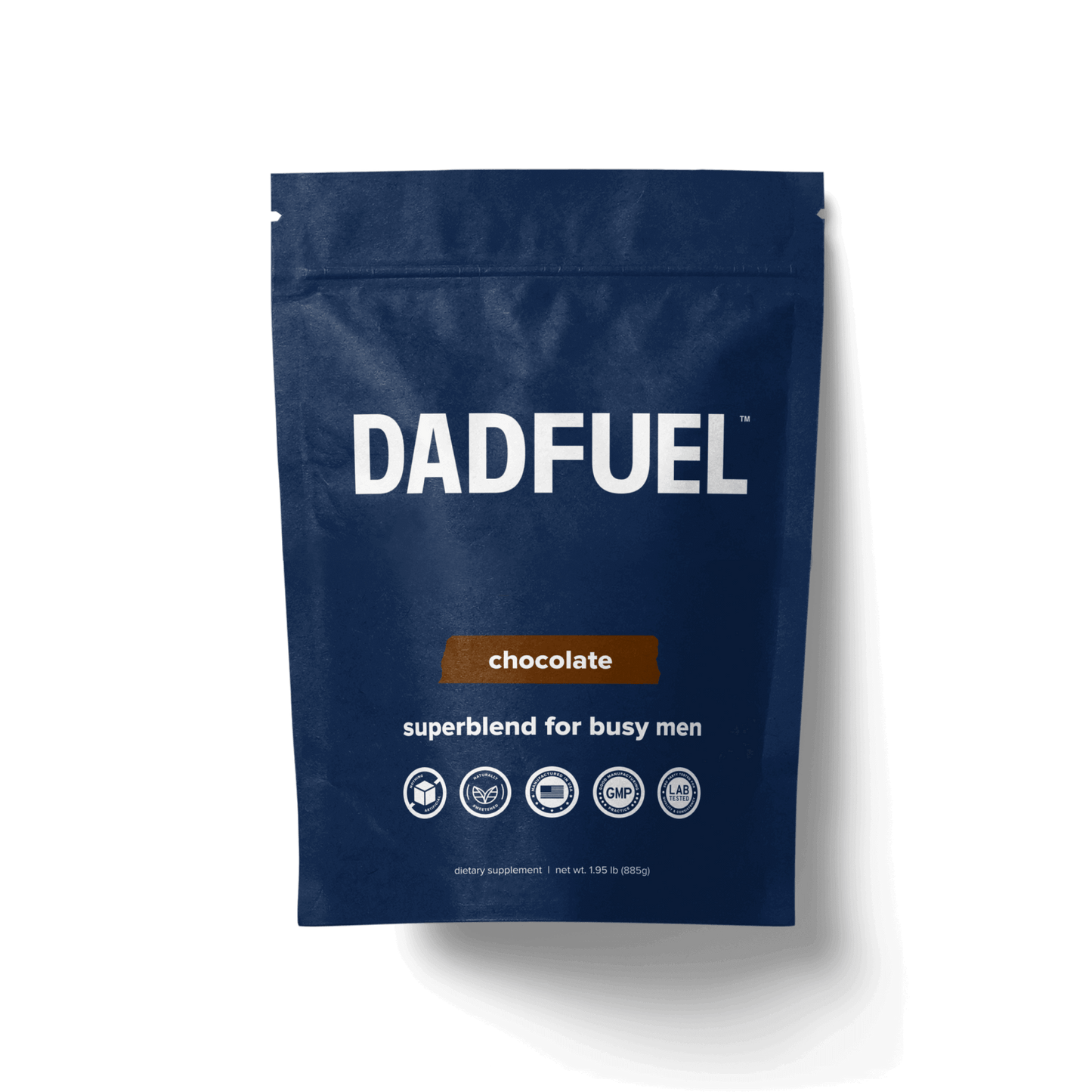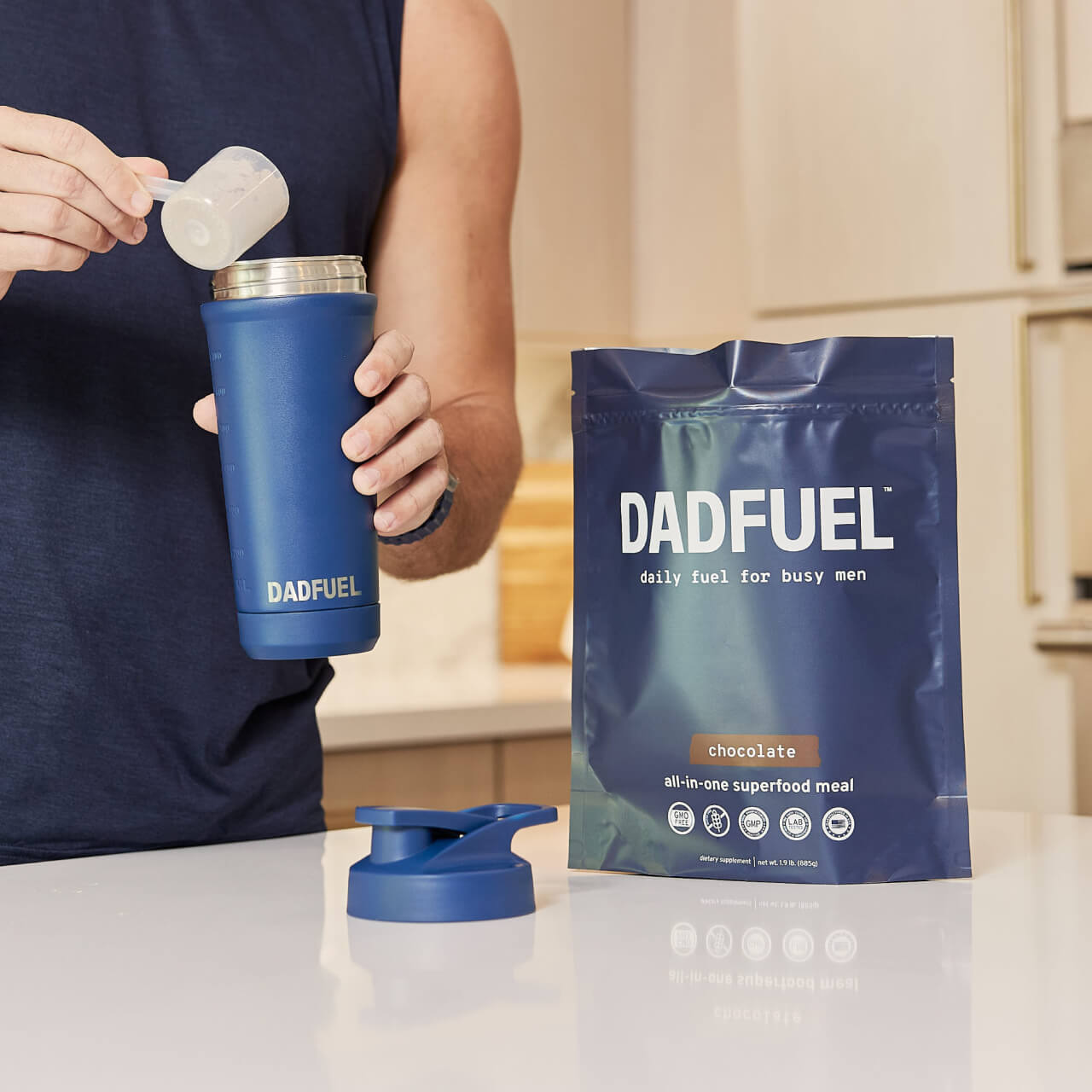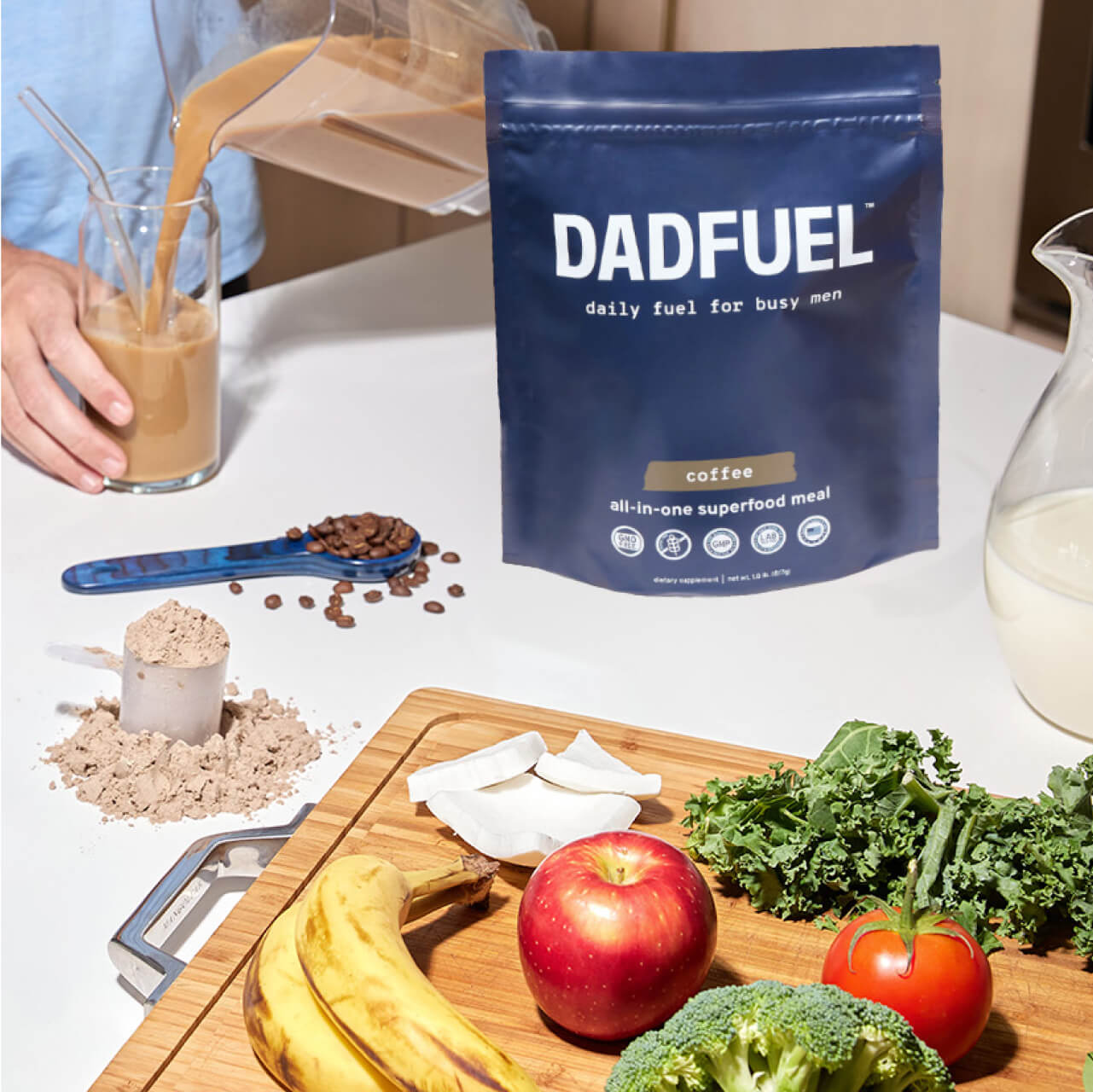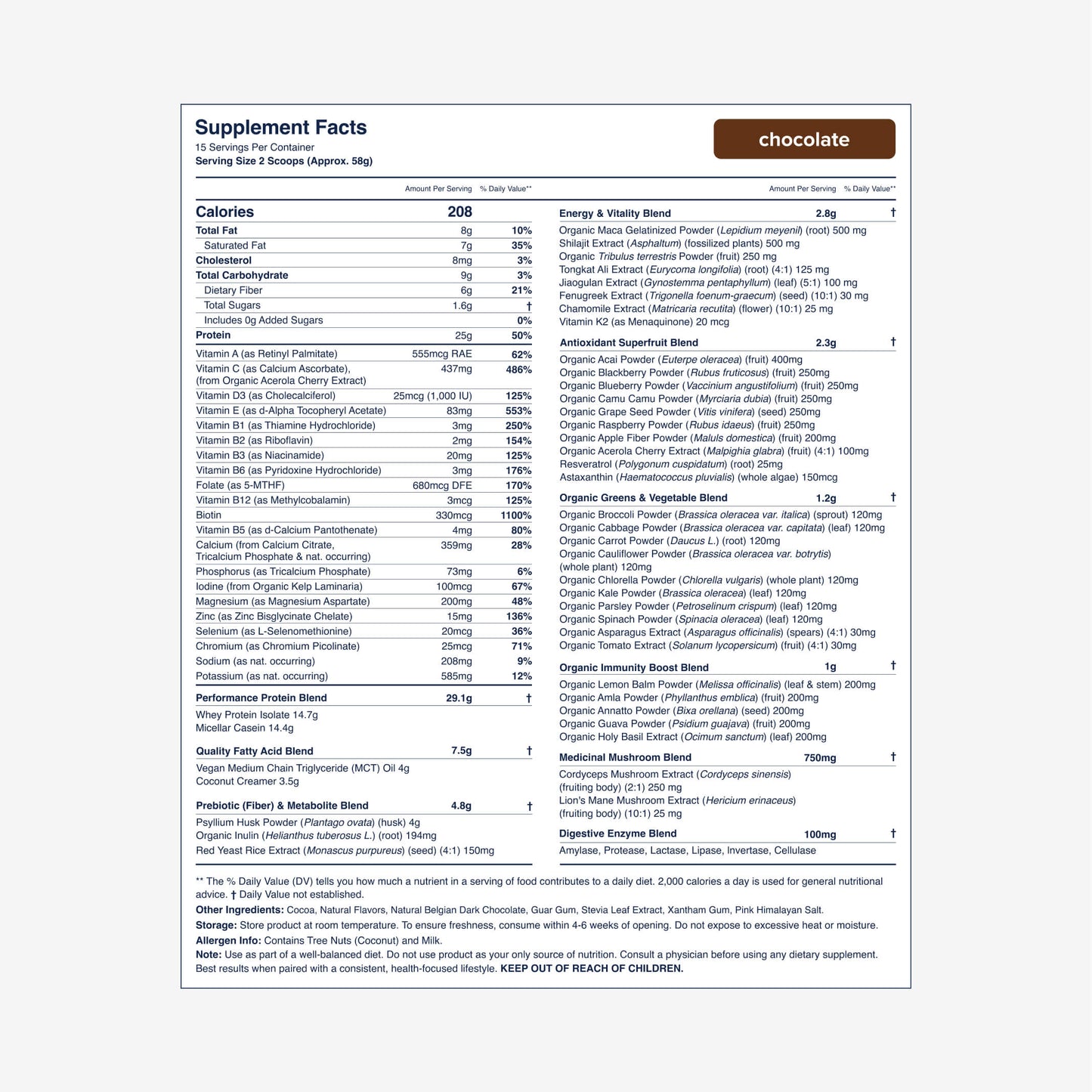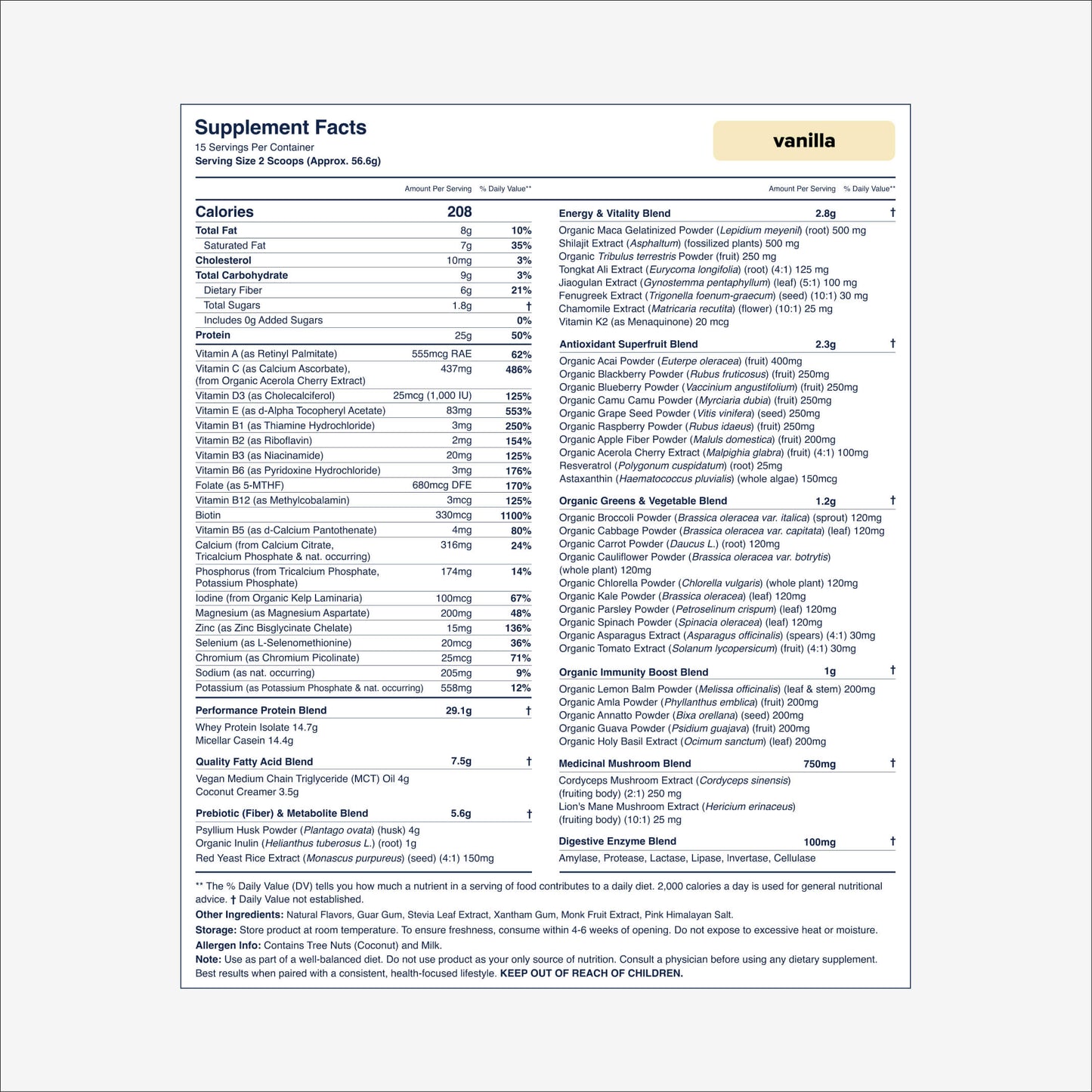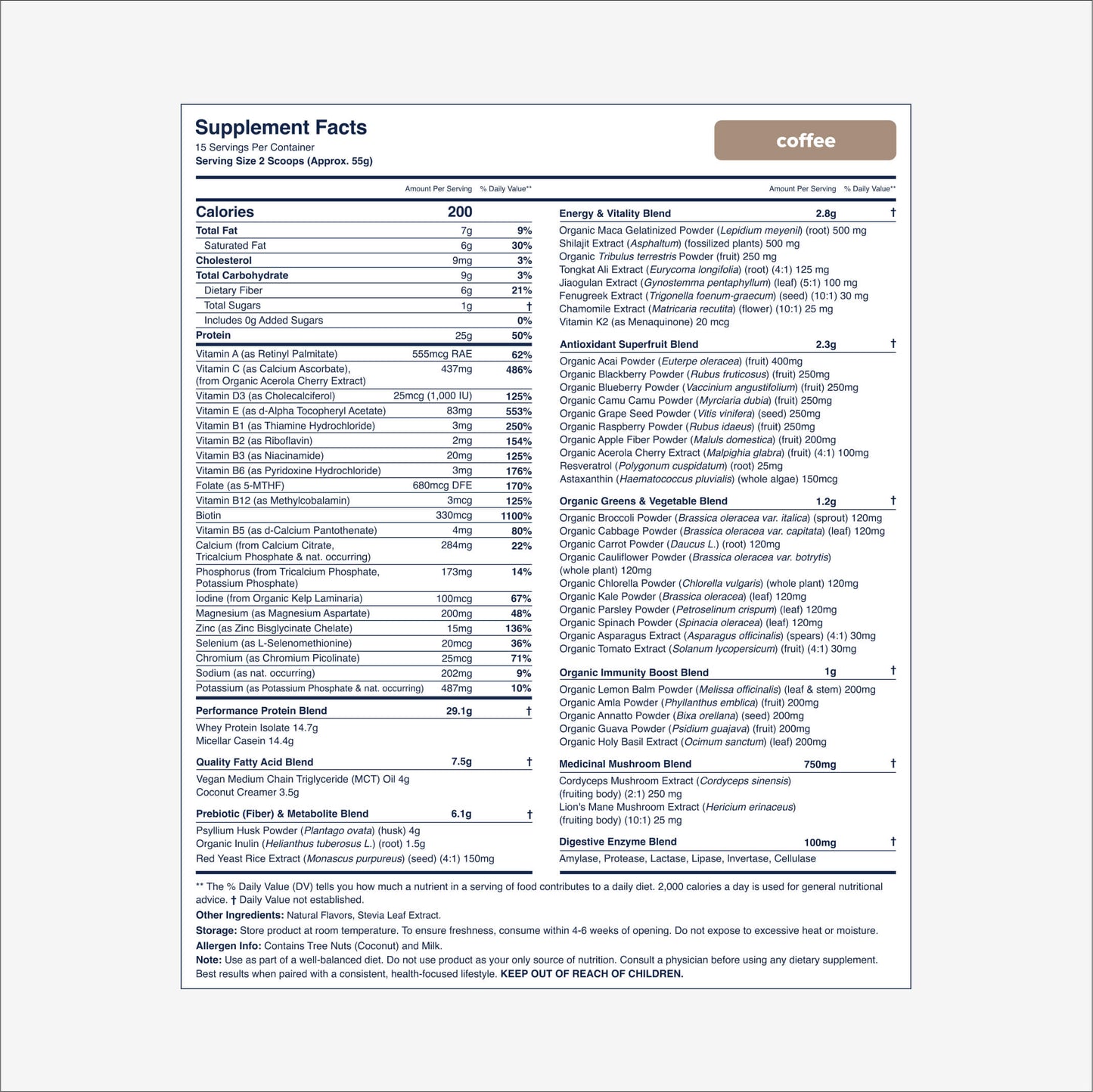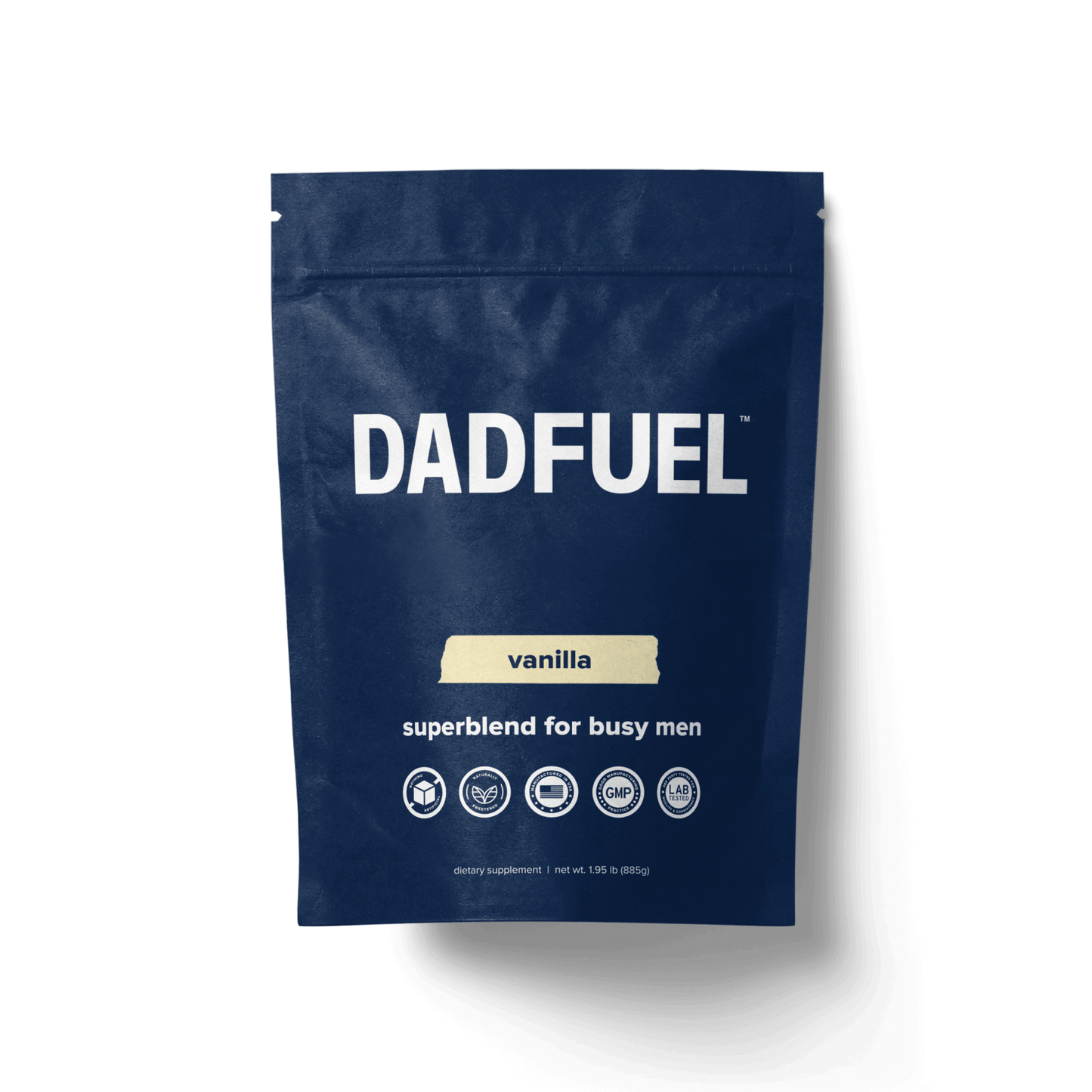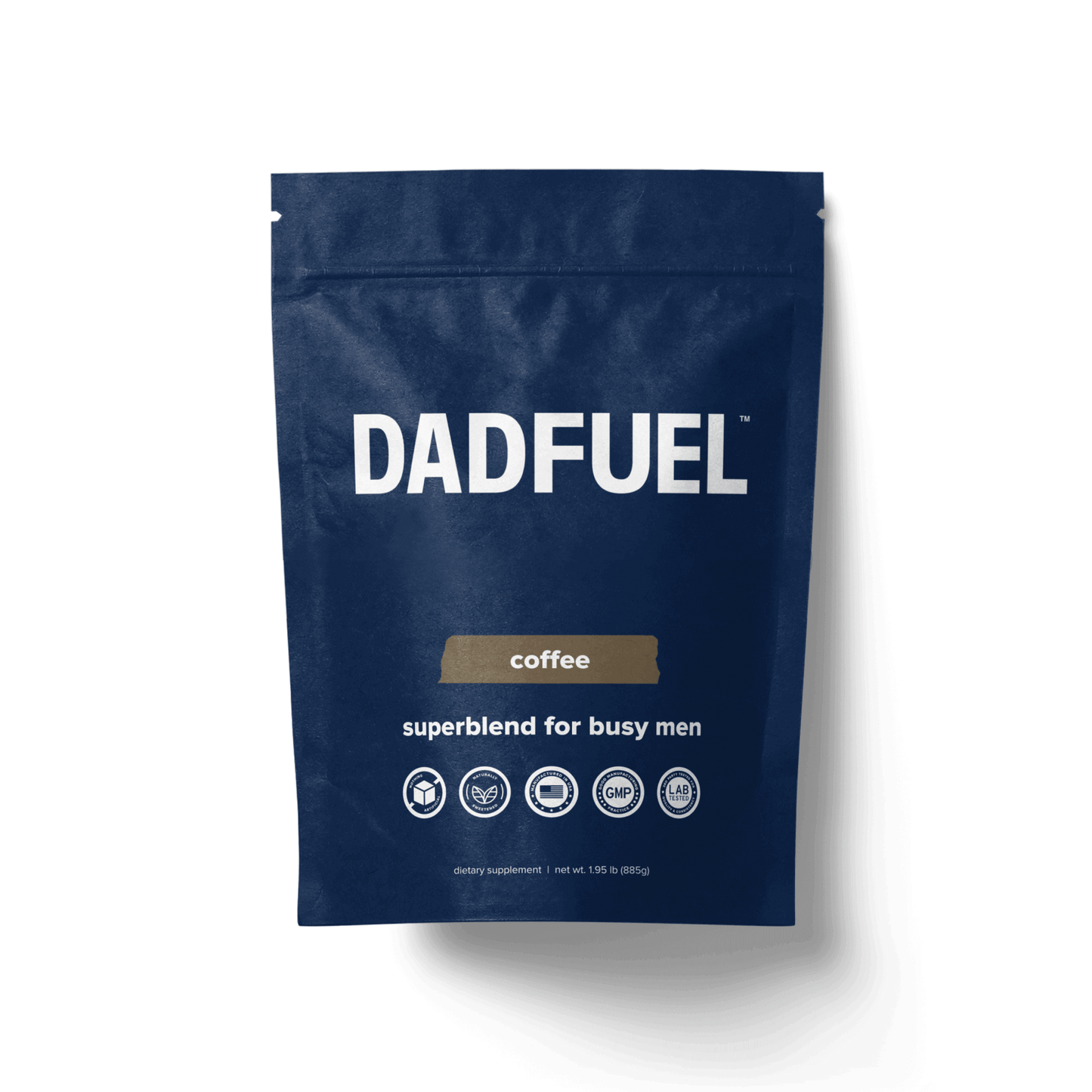An imbalance in gut health can be noticeable or subtle, impacting your energy levels, mood, and overall well-being. Here's what to keep an eye out for, ensuring you stay on top of your game:
- Digestive Issues: This can range from occasional indigestion to more frequent bloating, gas, constipation, or diarrhea.
- Fatigue and Sleep Problems: If you're struggling to sleep, your gut might be sending up a flare. Research suggests that proper gut health is tied to better sleep and more stable energy levels throughout the day — critical for keeping up with dad duties.
- Food Cravings: Craving foods, particularly sugars and highly processed foods, can indicate an imbalance in gut bacteria.
- Mood Swings and Increased Stress: The gut is often called the second brain for a reason. An imbalance can affect your mental health, leading to feelings of anxiety or depression.
- Weakened Immune System: Have you noticed that you're catching colds or other infections more easily? Your gut flora plays a vital role in your immune system's strength. Keeping it balanced can help your immune system function at full strength.
Identifying these signs early gives you a head start in taking the necessary steps to improve your gut health. Integrating the best supplements for gut health into your lifestyle can be a game-changer, helping you maintain a healthy wellness routine.
Digestive Enzymes: Aiding Digestion And Nutrient Absorption
Digestive enzymes are proteins that help break down food into smaller molecules, making it easier for your body to absorb nutrients. They're like your gut's little helpers, working behind the scenes to ensure optimal digestion.
How Digestive Enzymes Can Benefit You
- Improved digestion: Digestive enzymes can help break down carbohydrates, proteins, and fats, reducing symptoms like bloating, gas, and indigestion.
- Enhanced nutrient absorption: Digestive enzymes can help your body absorb more nutrients by breaking down food more efficiently.
- Relief from digestive disorders: Digestive enzymes may be helpful for individuals with conditions like lactose intolerance or pancreatic insufficiency.
When To Consider Taking Digestive Enzyme Supplements
- If you experience digestive symptoms: If you frequently feel bloated, gassy, or have difficulty digesting certain foods, digestive enzymes may be beneficial.
- After a heavy meal: Taking a digestive enzyme supplement after a large or greasy meal can help aid digestion.
- If you have a digestive disorder: If you have a condition like lactose intolerance or pancreatic insufficiency, digestive enzymes may be recommended.
Remember to consult with a healthcare professional before starting any new supplement regimen. They can provide personalized advice based on your specific needs and health conditions.
The Role Of Fiber Supplements In Promoting Digestive Health
Fiber is a type of carbohydrate that your body cannot digest. It passes through your digestive system largely intact, providing a number of benefits for your gut health. While you can get fiber from a variety of foods, fiber supplements can be a convenient way to increase your intake.
How Fiber Supplements Can Benefit Your Digestive Health
- Promoting regularity: Fiber adds bulk to your stool, making passing easier. This can help prevent constipation and promote regular bowel movements.
- Supporting gut health: Fiber feeds the beneficial bacteria in your gut, promoting a healthy microbiome. This can improve digestion, reduce inflammation, and boost your immune system.
- Lowering cholesterol: Some fiber types, such as soluble fiber, can potentially help lower cholesterol levels.
- Managing weight: Fiber can help you feel full, reducing your overall calorie intake and promoting weight management.
Different Types Of Fiber
There are two main types of fiber:
- Soluble fiber: This type of fiber dissolves in water and forms a gel-like substance in your digestive system. It can help lower cholesterol and blood sugar levels.
- Insoluble fiber: This type of fiber does not dissolve in water. It adds bulk to your stool and can help prevent constipation.
When choosing a fiber supplement, look for one that contains a combination of soluble and insoluble fiber. It's also essential to start with a low dose and gradually increase it to avoid discomfort.
Remember: While fiber supplements can be beneficial, they should not replace a healthy diet rich in whole foods. Fruits, vegetables, whole grains, and legumes are excellent sources of fiber.
How To Integrate The Best Supplements For Gut Health Into Your Routine
It’s one thing to choose the supplements for gut health that work for you, but finding a way to implement them into your daily life is an entirely new challenge. Here’s how to include these supplements in your wellness routine:
Start With The Basics
First, pinpointing the best supplements for gut health doesn't require a PhD. Focus on key supplements with solid scientific backing, such as probiotics, prebiotics, digestive enzymes, and fiber. Remember, each supplement serves a unique purpose, all working together towards the same goal.
Make It A Family Affair
Why go at it alone when you can turn gut health into a communal journey? Share your new health venture with your family. Not only does this hold you accountable, but it also sets a powerful example, showing your kids the importance of self-care. Plus, integrating these supplements into meals you already enjoy as a family makes the process feel less like a task and more like a shared mission.
Consistency Is Key
Incorporate your chosen gut health supplements into your routine simultaneously every day. Whether it’s a probiotic with your morning coffee or a fiber supplement with your nightly snack, the goal is consistency.
Listen To Your Body
Remember the motto, "Don't ignore the check engine light"? The same applies to your gut health journey. Start with lower doses and gradually increase as your body adapts. Listening to your body can help prevent discomfort and allows you to adjust your regimen as needed. Your gut is your second brain, after all, and it’s pretty good at signaling what works and what doesn’t.
Seek Professional Guidance
Last but certainly not least, never underestimate the value of professional advice. Integrating supplements for gut health is generally safe, but individual health needs vary. A conversation with your healthcare provider can ensure that your supplement choices align with your health goals and conditions.
Remember, incorporating the best supplements for gut health into your routine is an investment in your well-being, empowering you to be the energized, engaged, and present dad your family loves and relies on. Bridging the gap between intention and action is simpler than you think, and with these straightforward steps, you’ll be on the path to a healthier gut without sacrificing the precious moments that make dad life truly special.
Sources:
- Appleton, J. (2018). The Gut-Brain Axis: Influence of Microbiota on Mood and Mental Health. Integrative Medicine: A Clinician’s Journal, 17(4), 28–32. https://www.ncbi.nlm.nih.gov/pmc/articles/PMC6469458/
- "Probiotics: What You Need to Know." Mayo Clinic, Mayo Foundation for Medical Education and Research, 29 Oct. 2022, https://www.mayoclinic.org/healthy-lifestyle/nutrition-and-healthy-eating/expert-answers/probiotics/faq-20058065.
- "Digestive Enzymes and Digestive Enzyme Supplements." Johns Hopkins Medicine, https://www.hopkinsmedicine.org/health/wellness-and-prevention/digestive-enzymes-and-digestive-enzyme-supplements.
- "Gut Feelings: How Food Affects Your Mood." Harvard Health Blog, Harvard Medical School, 7 Dec. 2018, https://www.health.harvard.edu/blog/gut-feelings-how-food-affects-your-mood-2018120715548.
- Yancy, William S., et al. "Effect of Low-Carbohydrate and Low-Fat Diets on Mood, Hunger, and Other Self-Reported Symptoms." Journal of the American Medical Association, vol. 307, no. 5, 2012, pp. 467-474, https://www.ncbi.nlm.nih.gov/pmc/articles/PMC3337124/.
- "What Is Fiber & Why It Matters." Schneck Medical Center, 10 Feb. 2023, https://www.schneckmed.org/blog/what-is-fiber-why-it-matters.




 60 Day Better Dad Guarantee
60 Day Better Dad Guarantee
 Fast, Secure Checkout
Fast, Secure Checkout
 Typically Arrives in 2-3 Days
Typically Arrives in 2-3 Days
